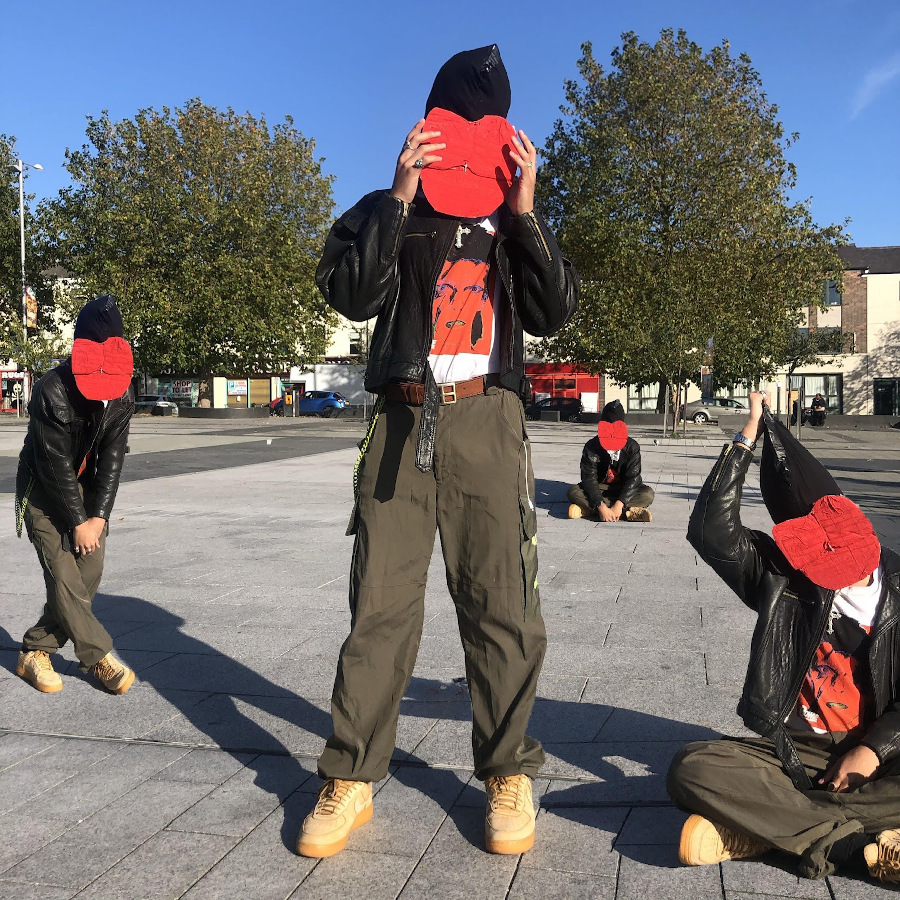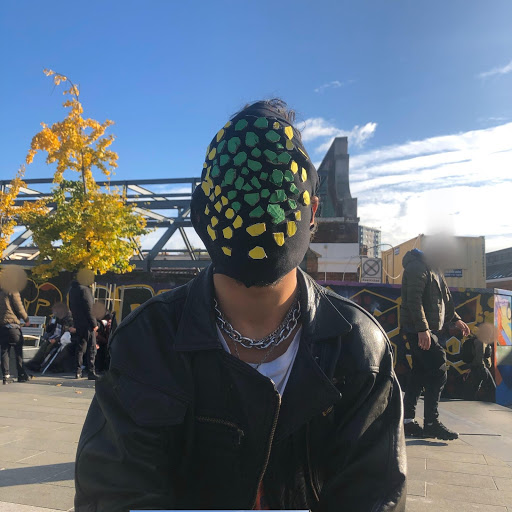In that land under the sun, where dry heat hits bone
and in your pocket you keep a red onion
to peel flakes at 46-degrees centigrade,
male poets speak of Kamala Das and her feminist poetry,
entering a friend’s wife’s kitchen
and directing her to abandon her breakfast preparations.
They are getting late. There are no cafes in the neighborhood,
yet they depart with a caravan of 15 ravenous townspeople.
Under an angry sun, hunger hitting inside their guts,
Pied Pipers talk of timeliness, reaching a nowhere-wilderness,
while the woman in her four-walled, steeled cliché
keeps away a mountain of grated coconut over flattened rice,
sugar, coffee, and unused milk, par-boiled.
Her father was a village radical… but she tucks her wet sighs
at the edge of her sari.
As onions shrivel in our pockets with intense upheaval,
men use Urdu and Marathi verses to fight God
and the women can’t even fight the men,
who are not their husbands
because they know no poetry.
Three Women on Liberty Bridge
As the light dims, travel stills,
the bridge aligns itself to darkness,
we talk of the unveiling
of the Statue of Liberty…
after the Communist regime
(also, because she wasn’t a desi).
India, Columbia, Hungary…
through seasons of Satyugs ‘n Kalyugs
of socialism, dictatorship, democracy.
We speak of womanhood
as lovers ahead, deluded by time
track the sunset, moonrise, clasping steel locks
with catholic promises whispered over iron railings,
the stars slipping like rings around their irises
the wind blowing urgencies over the Budapest river
rippling the mirage of the parliamentarian building.
And tearing the jugular vein of centuries
we hear
all the statues of the previous regimes
were uprooted
from their old stumps and
made to stand near each other
in Statue Park,
where they are still sparring
over their beliefs
in a crossfire
under the frozen eggs of civilization.
Investigation: a report
Long before the bomb blasts
at Plaza Cinema, Zaveri Bazaar, Century Bazaar,
parking lot in Katha Bazaar, Sahar airport,
Air-India Building, Taj Mahal hotel,
Dhanji street,
the thing called kala sabun
like what my missus uses to wash our dirty utensils
was found.
We saw what we saw only in movies –
grenades, rifles, magazines, pistols,
by men we never saw on our coast
opening cartons without a smile
when their cars, jeeps, trucks
were stopped at the toll –
by customs officers
with false alerts.
And after the noise shattered
our eardrums
the police found Dr. Sapatnekar
His deep-sea divers
ebbing into 25 feet of darkness
to find brown cakes
at the bed of the Nagla creek.
They picked a broom maker,
porters, loaders, boatmen like me
who loaded sacks of iodex into jalopies
(ofcourse for minimum wages).
And two kilometers off Srivardhan
rocket-like objects, projectiles,
pipe bombs and ammunition floated
in a lake.
The men from the nearby houses were
stripped, burnt with smoldering butts,
beaten at the police station
until those turned out to be spindles
of a textile mill, overturned by a truck and
ignored by villagers who feared the police.
How none of us could say RDX.
Neither see the hindolas of revenge
for the riots of December 1992, January 1993,
were an answer to innocent Muslims killed
to avenge innocent Hindus killed
to answer innocent Indians killed.
in many Indias…
*hindola – merry-go-round
Solitary
Like light leaves after years,
iterating the static of spheres,
the orangutan exhales warmth
monographing embrace
into winter’s foliage, as time loses scope.
Young as a blank square, nurtured for years
at its mother’s teat, beat, emerging from dark art
growing from snugness, luxurious as a shaft,
it goes deep into the forest: light into cave
to live alone for a thousand years.
No ruffle, or safety of spring meets its spirit
yet as strong as an inflorescent flame
it cinders
while winter speaks in autumn’s barbed tongue.
Rochelle Potkar’s books include Four Degrees of Separation and Paper Asylum, while The Inglorious Coins of the Counting House is longlisted at the Eyewear Publishing, Beverly Prize UK. Her poem To Daraza won the 2018 Norton Girault Literary Prize. She will be a mentor at Iowa’s Summer Institute 2019. https://rochellepotkar.com.



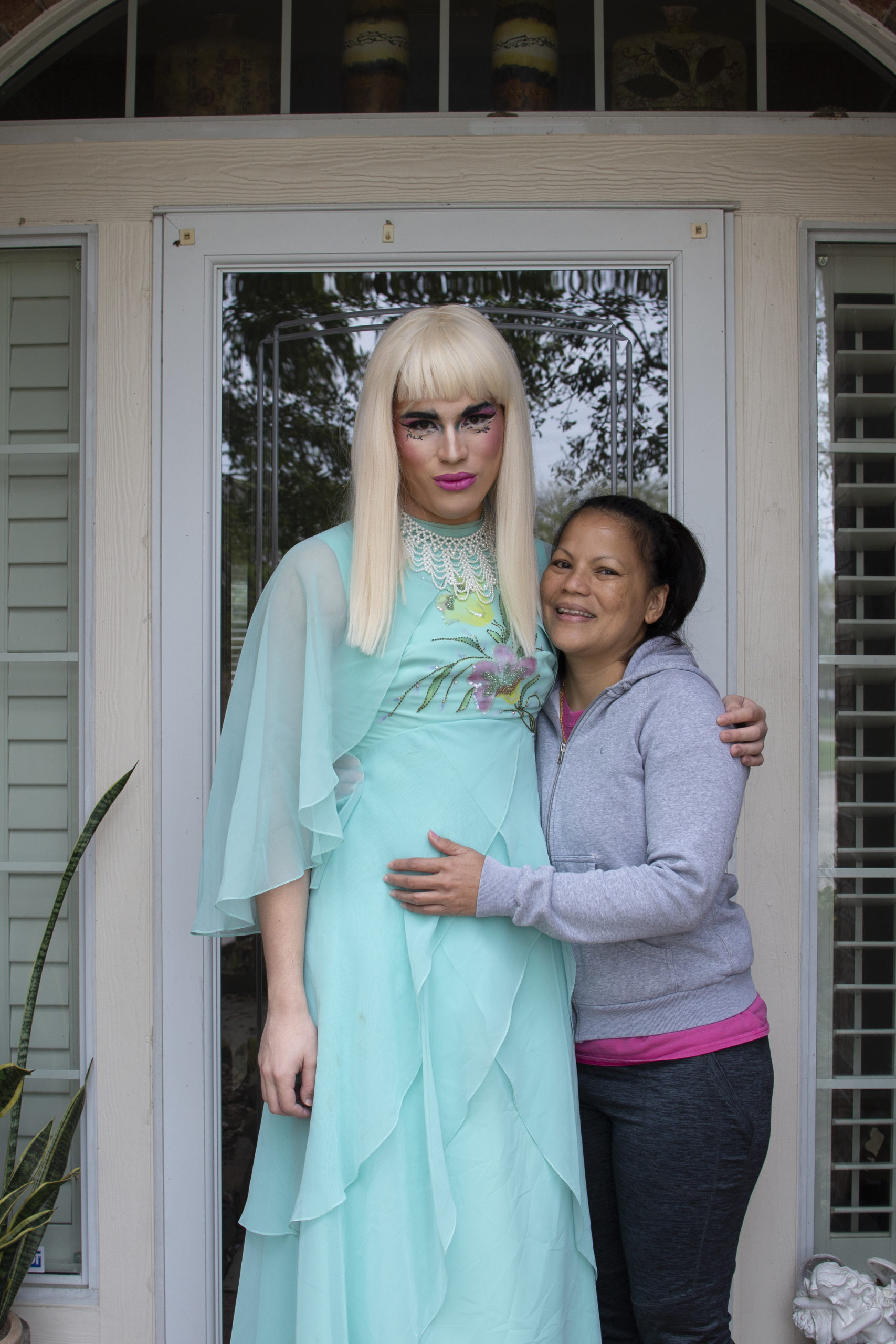

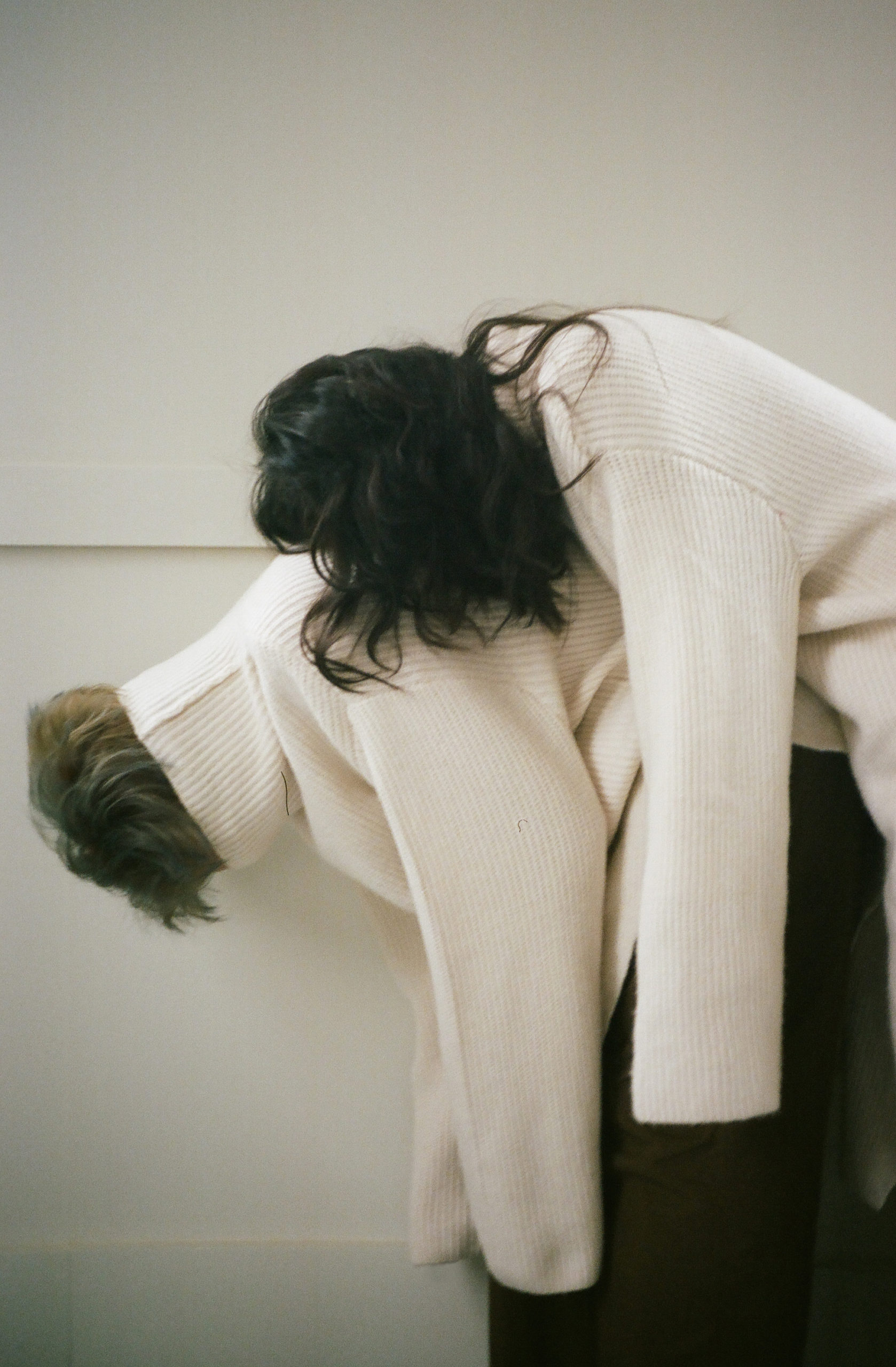
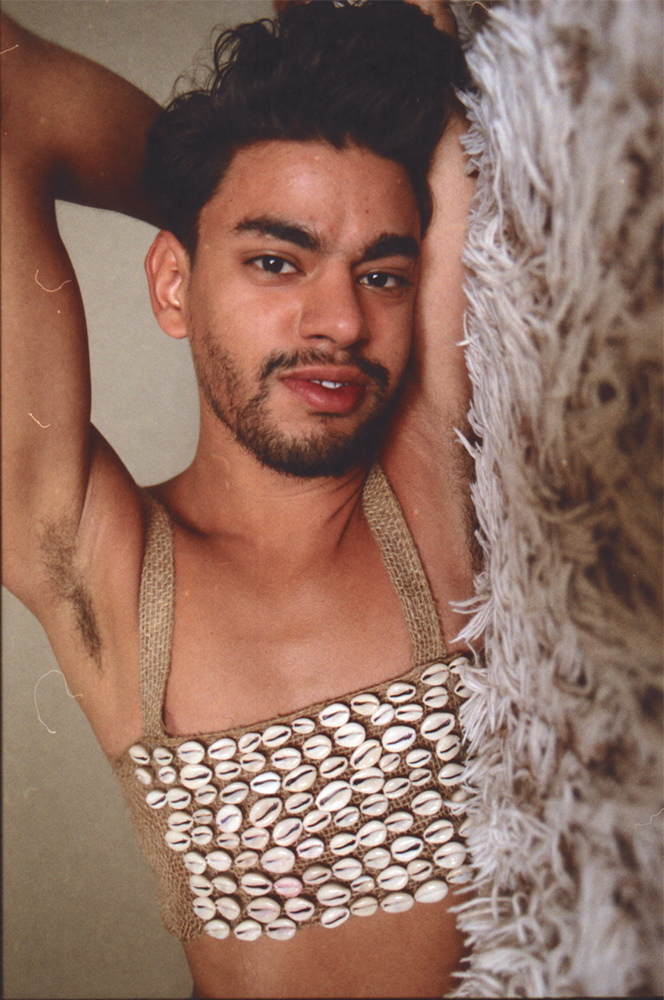







 BACK TO ISSUE
BACK TO ISSUE
